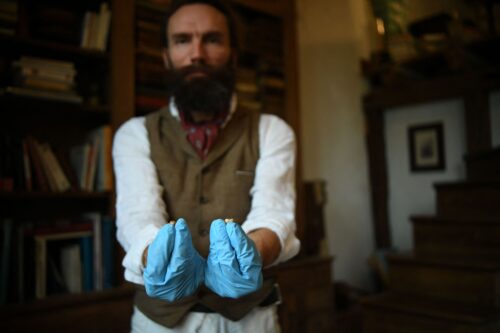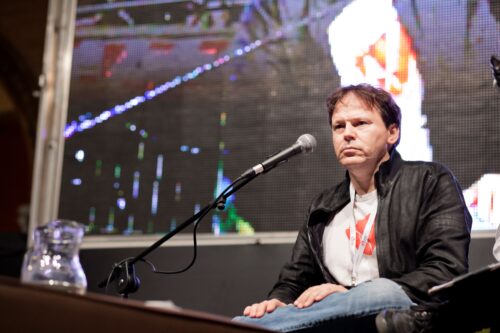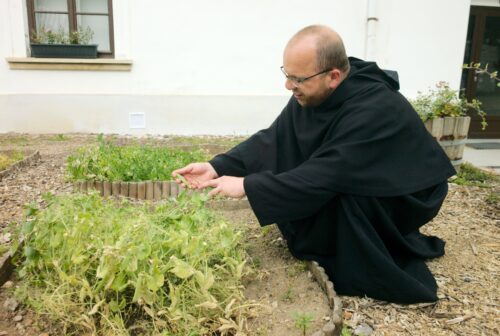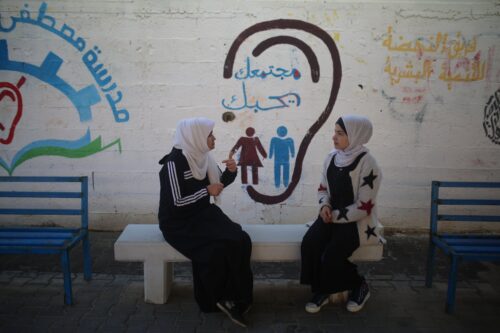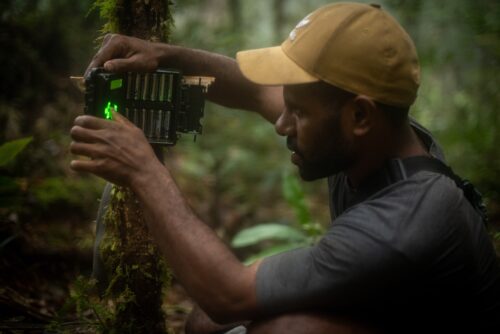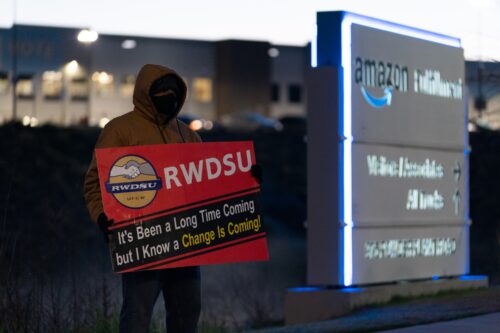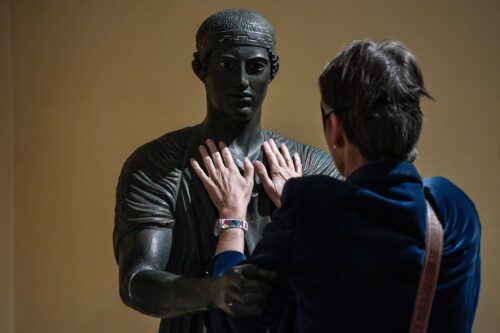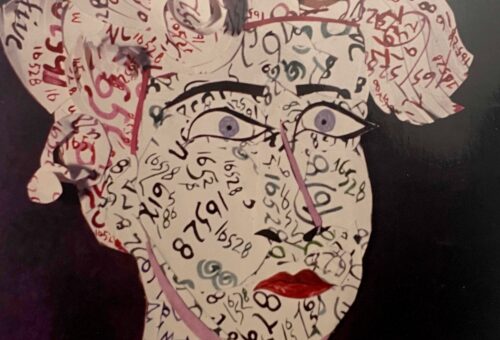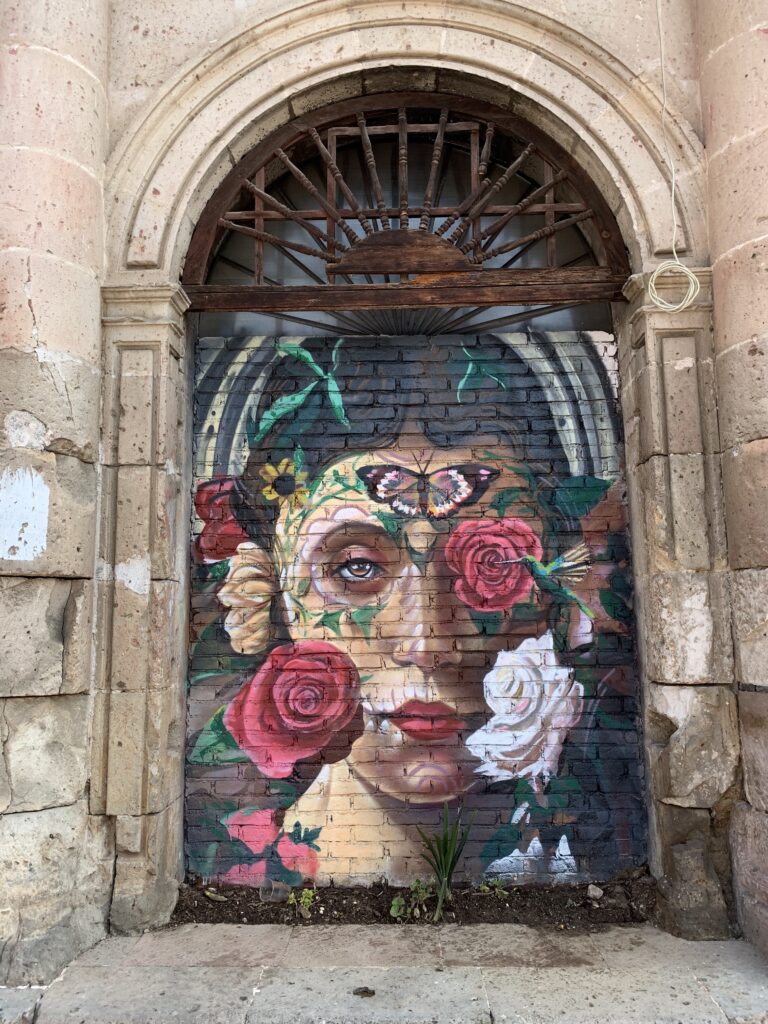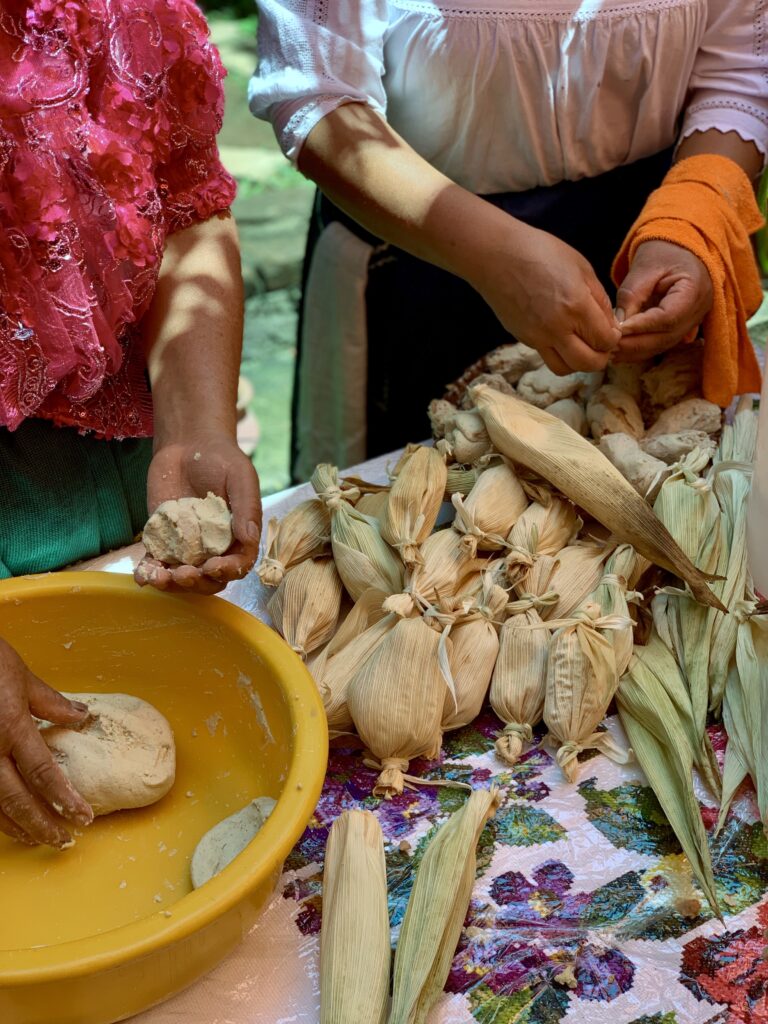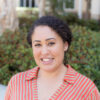I Was Penalized for Learning a Language at Home
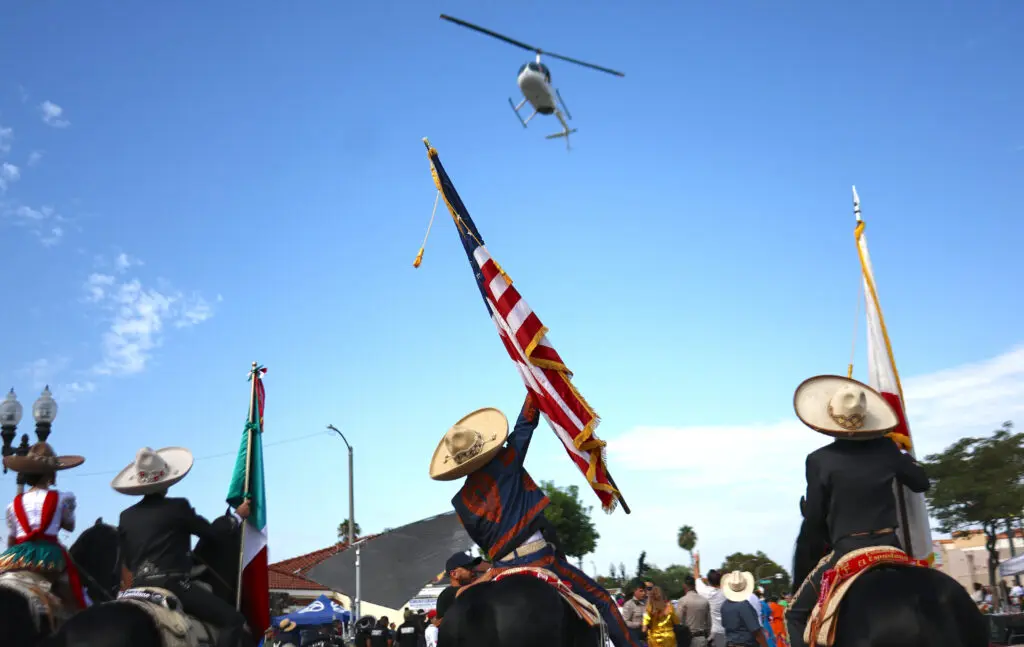
Each year, about 90 graduate students receive a prestigious Fulbright-Hays Fellowship, awarded by the U.S. Department of Education, to conduct dissertation research outside of the U.S. The application states that candidates must possess “sufficient foreign language skills” to carry out their proposed projects.
Because my Spanish education began in my California home, from the lips of my Mexican immigrant parents, my 2022 application did not make the cut.
Like other students who are native- and heritage-language speakers, I was unfairly disqualified from the Fulbright-Hays Doctoral Dissertation Research Abroad (DDRA) program. The reason: The selection process awards points for learning languages in school or other formal educational settings.
As such, the program privileges academic knowledge over community-based knowledge; it perpetuates a colonialist form of research conducted by non-native language speakers. Students who might be the best positioned and qualified to conduct international research are denied the opportunity to work in countries where their home-learned language is spoken. It’s a setback to their careers but also a loss to U.S. diplomacy, scholarship, and collective knowledge.
That is why I, along with two other applicants, sued the U.S. Department of Education in 2022.
Also known as the Fulbright-Hays Act, the Mutual Education and Cultural Exchange Act of 1961 was named after Sen. J. William Fulbright, a prominent advocate for international exchange programs, and Rep. Wayne Hays, who played a key role in supporting the legislation. The act was part of a broader movement to promote international education and cultural exchange in the aftermath of World War II. The devastation caused by the war highlighted the need for greater cooperation and understanding between nations.
The act led to a number of fellowships, including the Fulbright-Hays DDRA program, which supports Ph.D.-pursuing U.S. citizens, nationals, and permanent residents to conduct research in foreign languages and area studies outside the U.S. for six to 12 months. Over the past decade, that funding has averaged about US$35,000 per candidate for their living and research expenses.
Besides legal status in the U.S. and good standing in a relevant doctoral program, the only other eligibility requirements are: plans for “a teaching career in the U.S. upon graduation” and “adequate skills in the language(s) necessary to carry out the dissertation project.”
As a doctoral candidate in social ecology at the University of California, Irvine, I seemed to check the qualification boxes. My dissertation project aims to investigate intimate partner violence from the perspectives of rural Mexicans in the state of Michoacán. I applied to the Fulbright-Hays DDRA program to offset research costs—and for the doors that might open from being part of such a prestigious and renowned program.
Over the summer of 2022, I compiled the application’s various components, including a project proposal, bibliography, curriculum vita, university transcripts, language reference form (submitted directly by a language referee), three letters of recommendation, and affiliation letters from institutions I would partner with in Mexico.
My application then entered the competition: Two reviewers evaluated each application according to a point system with various criteria across different areas, with a total of 106 points possible. For example, 60 points went to “Quality of Proposed Project” and 40 points to “Qualifications of the Applicant” in 2022. Within the “Qualifications of the Applicant” section, language proficiency merited 15 points.
Every point mattered, considering the competitiveness of the program: In 2022, the program awarded fellowships to 88 of the 177 applicants.
In 1998, the Department of Education redefined “foreign language” as a language foreign to the applicant. The department has defined native speaker as an individual who has spoken a language “from earliest childhood and remains fluent,” regardless of their country of birth. And a heritage speaker, according to the program, was “raised in a home where a non-English language is spoken.”
Since then, native foreign language speakers have received zero out of 15 points for language proficiency if they applied to do research in countries where their native languages are spoken. Heritage speakers have faced a 5-point penalty. The lost points essentially knock native and heritage language applicants out of contention, even if they have undertaken additional efforts to improve language proficiency.
My parents immigrated from Mexico and worked as agricultural laborers. Spanish was my first language growing up because it was my parents’ primary language when I was born. I grew up in Santa Maria, California, and attended public schools, where I learned English. I became the first in my family to graduate high school, attend college, and enroll in a doctoral program, where my research has focused on gender violence in Latinx communities in the U.S. and Latin America.
When I applied to Fulbright-Hays in 2022, I received near perfect scores in the “Quality of Proposed Project” section—and zero points for language proficiency. The program classified me as a native Spanish speaker.
It didn’t matter that I had completed A.P. Spanish Language and A.P. Spanish Literature in high school, studied abroad in Mexico during college, and have been part of the Chicano/Latino emphasis during my doctoral program, where we read and analyzed Spanish texts written by Latin American scholars.
Nor did it matter that I had conducted earlier research with Spanish-speaking communities and established relationships. My proposed project in Mexico was poised to be ethical, community supported, and non-extractive. [1] [1] Non-extractive research is designed with and for communities that have traditionally been studied in ways that only benefited outside researchers.
I was not awarded the fellowship that year.
The program’s interpretation of “foreign language” privileges knowledge from traditional academic settings. At the same time, it neglects the valuable insights into the culture and language of the host country that native and heritage speakers bring. These individuals are more likely to understand the nuances of the language, which can help them navigate cultural differences and engage more deeply with local communities. They may also have access to resources and networks that facilitate research in the host country.
As I see it, simple solutions are at hand. The U.S. Department of Education should eliminate the language requirement and open the application to research conducted in any foreign country. This would level the playing field for native and heritage foreign language speakers, recognizing the value of their community-based knowledge. The program would promote research that is more inclusive, equitable, and accurate.
In addition, to broaden the diversity of projects, the program could award extra points to those researching in languages that are in jeopardy of becoming extinct. In fact, the Fulbright-Hays application already awards 2 points for “a research project that focuses on any modern foreign language except French, German, or Spanish.”
There has been mounting pressure for the Department of Education to change how it evaluates foreign languages. To hopefully end these practices, I joined a lawsuit against the department, which had been brought on behalf of two other Fulbright-Hayes applicants who had faced penalties as heritage and native speakers.
These lawsuits have been pursued with the help of the New Civil Liberties Alliance (NCLA), a nonprofit group that aims “to protect constitutional freedoms from violations by the Administrative State.” I oppose many of the lawsuits that NCLA has brought (including one challenging the Biden administration’s plan to cancel a portion of federal student loans). However, I don’t need to agree with everything an organization or person does in order to form alliances to challenge Fulbright-Hays’ language penalty.
For the 2023 application cycle, the language portion’s value was changed from 15 to 1 point. But, the penalty would still apply to heritage and native speakers of the foreign language—and that 1 point can be the difference between award and rejection.
Thanks to our lawsuit, in March, a judge issued an injunction that eliminated penalties for native and heritage speakers this application cycle. I proposed the same project again—and this time was chosen as an alternate who could be awarded the fellowship if others decline. This is a far more encouraging outcome than my rejection in 2022.
But the injunction only applies to 2023. For more lasting change, the Department of Education must formally change its rules. I hope the lawsuit and public pressure will get the department to see that penalties for native and heritage speakers are unfair—and ultimately damaging to its own goals.

